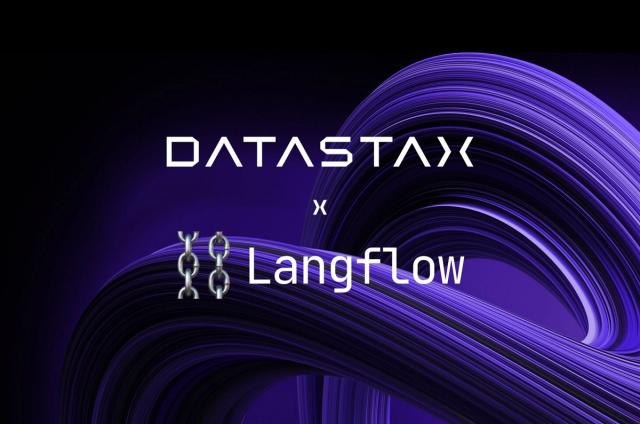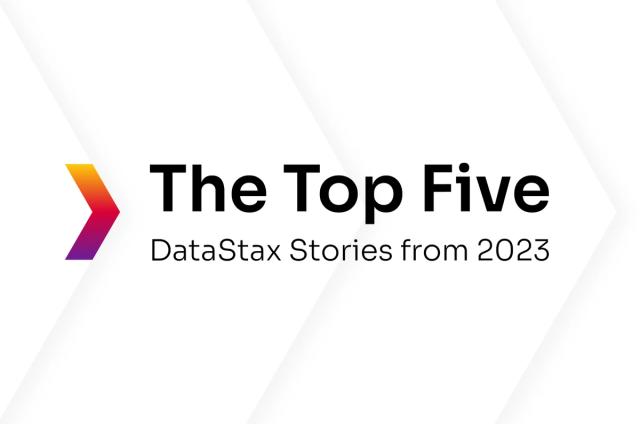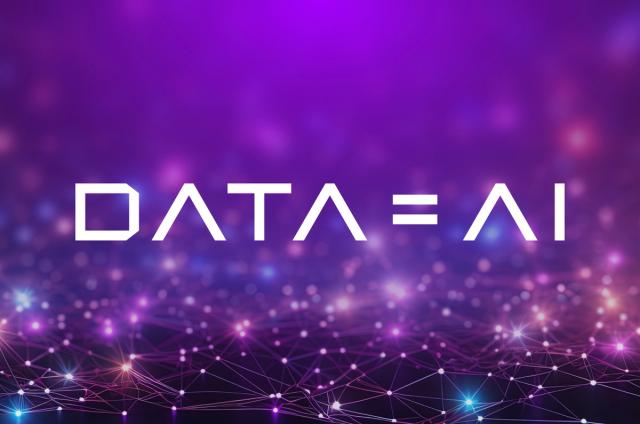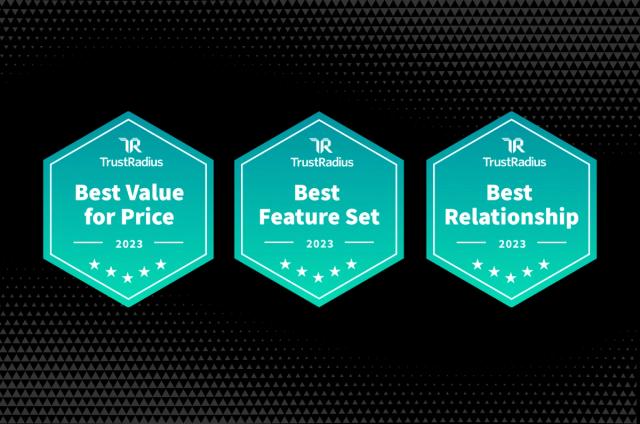Top Six Data Management Trends for 2019

Data management had a stellar 2018—with hybrid and multi-cloud taking front and center stage and continuing to dominate the data concerns of most enterprises. With another year starting, now is probably a good time to take a look at what’s to come in the world of data management for 2019 and beyond. Here are the top six data management trends for 2019:
1. Analytics, analytics, analytics
Personalized experiences, real-time insights, 360-degree customer views: the power of analytics can never be understated. Today’s most powerful companies do everything they can to serve up personalized experiences to customers during every encounter, as personalization has proven to increase customer loyalty and drive more sales. In fact, according to a recent study, 80% of consumers are more likely to do business with companies that offer personalized experiences and 90% of them find personalization “appealing.” Delivering personalized experiences is only possible with a data management layer that has strong analytics capabilities. Forward-thinking organizations that aren’t already being driven by data analytics will move to platforms that give them the speed, flexibility, and reliability needed to identify unique patterns and serve up personalized recommendations with ease. Analytics is also very important for fraud, as being able to apply advanced techniques like machine learning to your data makes for a more powerful fraud detection capabilities.
2. Geospatial search
A recent CIO article revealed that 80% of organizations use some sort of geospatial data—e.g., zip codes, addresses or weather reports—to power their businesses. As technology evolves and networks accelerate, more and more innovation is occurring in fields and industries that rely on geospatial data. A logistics company might use geospatial data to optimize their supply chains. A field services organization might rely on IoT devices that use geospatial data to relay updates pertaining to the status of specific equipment and machinery. There are also apps like Pokémon Go which rely on geospatial data to facilitate gameplay. The list goes on and on. From providing critical data to helping support personalized experiences, geospatial data will only become more important as we move further into the future. Companies will therefore look for data management solutions that make it easier to build apps that rely on geospatial data
3. Data governance
Ensuring the integrity, availability, and security of data gets more important every day as the amount and variety of data increases, as new regulations and initiatives like the GDPR and PSD2 come into effect. Over the past few years, seemingly countless companies have had their networks breached and their data stolen. Not only have these breaches been costly from a financial perspective, they’ve also angered customers. What’s more, when data is not available to employees in the right way, productivity grinds to a halt. And when it isn’t available to customers in the right way (and at the right time and place), they become frustrated. To this end, data governance will become increasingly prominent in 2019 and beyond. Smart organizations will increasingly look for data management solutions that enable them to protect their data and ensure it’s always available—accessible to only authorized individuals. Not only does data governance help them mitigate potential risks, it also makes it easier to make the best business decisions.
4. Data autonomy
What would happen if a multibillion-dollar juggernaut suddenly decided to gobble up your biggest competitor? In 2017, Walmart told its tech vendors that they could no longer use Amazon Web Services if they wanted to continue working together. The company’s reasoning at the time was pretty straightforward: Why would Walmart let some of its most sensitive data sit on its biggest competitors’ platform? As mergers become more and more common—during the first half of 2018, a record $2.5 trillion in mergers were finalized—it becomes increasingly important for organizations to maintain complete control of their data. In 2019, organizations will increasingly look for data management solutions that support data autonomy, or the ability to maintain complete control of your data, wherever it resides. With data autonomy, you can store, run, and manage your data in any kind of environment you want.
5. Kafka and Docker
In 2011, LinkedIn open sourced Kafka, a distributed streaming software platform. Since then, Apache Kafka™ has become integrated into more and more tech stacks to support real-time data pipelines and real-time streaming applications. By using Docker containers to install Kafka clusters, organizations get the peace of mind that comes with knowing they control the apps they build and aren’t locked into any specific infrastructure or technology. Getting the most out of Kafka and Docker requires a data management platform that enables apps to react to data as it comes in and respond to events as they occur. Organizations, then, will look for platforms that automatically save Kafka topics and integrate data from Kafka into a powerful database.
6. Hybrid cloud
If given the choice, would you store your company’s most sensitive data on infrastructure you owned and managed internally or infrastructure managed by a third-party vendor? And would you prefer to store less sensitive data on public cloud resources or more expensive private cloud infrastructure? To maximize the benefits of the cloud without compromising security, smart organizations are increasingly moving to hybrid cloud environments; mission-critical applications and data are stored on-premises in private cloud infrastructure while less sensitive apps and data live in the public cloud. According to RightScale’s 2018 State of the Cloud Survey, 81% of organizations already have a multi-cloud strategy. As more and more organizations build hybrid cloud environments, they will increasingly look for a data management platform that provides an agile enterprise data layer that enables them to avoid data silos and rapidly deploy always-on applications in the cloud. Between Kafka and Docker, data autonomy, hybrid cloud, geospatial search, and analytics, 2019 is shaping up to be an exciting year for data management, as every year is, because every year brings new trends to the table that shape the way enterprises are using their most valuable resource: their data. But there’s one final trend we forgot to mention, and it’s one that incorporates all of the above: active everywhere.




